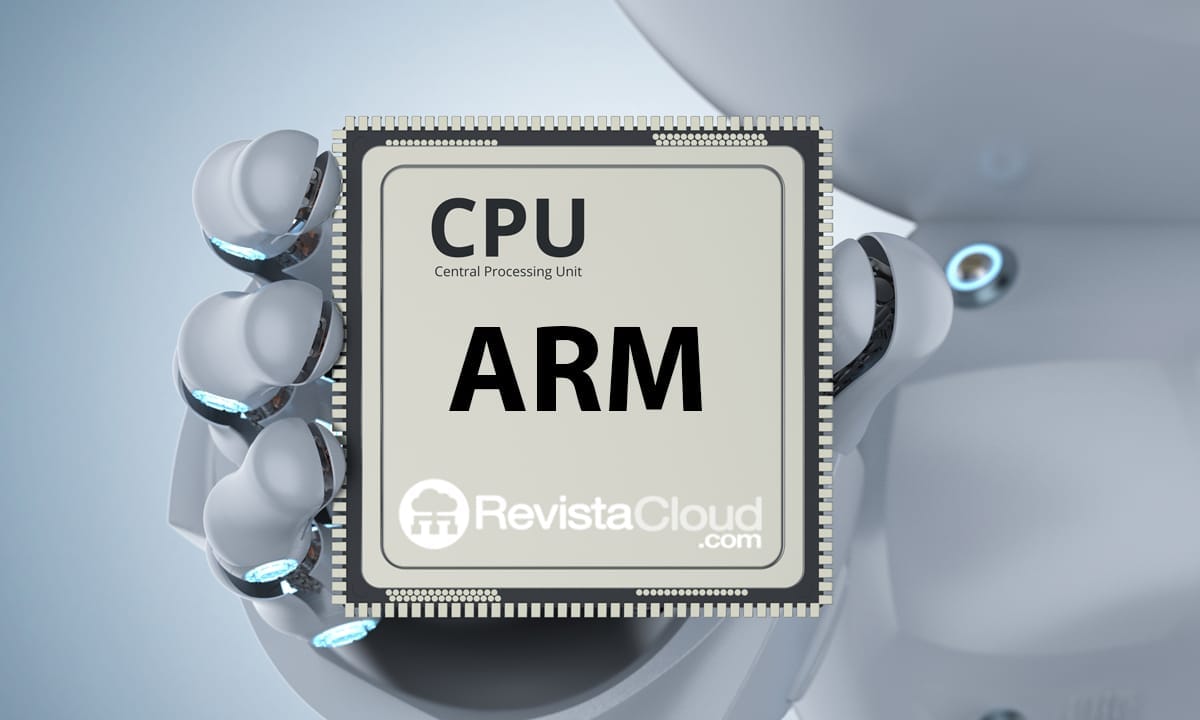ABI Research predicts that artificial intelligence (AI)-enabled personal computers will capture 60% of the market by 2025, while ARM-based PCs will face barriers to surpassing a 13% global market share.
The annual ABI Research report, 101 Tech Trends That Will and Won’t Shape 2025, highlights key technological transformations expected in the coming year. These include the mainstreaming of AI-enabled PCs, which will transition from being a luxury to a standard necessity, and the challenges faced by ARM processors in establishing themselves as a competitive option against traditional x86 architectures.
The Era of AI PCs
ABI Research notes that 2025 will be the year when computers with AI functionalities become an essential feature. This will be driven by several factors:
- Proliferation of Neural Processing Units (NPUs): These specialized units will be available across various price ranges, democratizing access to AI-based computing.
- Adoption of Large Language Models (LLMs): These tools will facilitate everyday tasks such as assisted writing, advanced searching, and data management.
- Launch of Windows 12: This operating system, expected in the second half of 2025, will be optimized for AI workloads and feature deep integration of Copilot, a digital assistant aiming to enhance business productivity.
The arrival of these advancements will drive a significant cycle of technological renewal in the business sector. AI PCs will not only stand out for their ability to run advanced applications on-device, but also for their energy efficiency, resulting in longer battery life during demanding tasks. In the consumer market, their adoption will be propelled by the integration of AI tools that promise to enhance the user experience in areas like entertainment and learning.
Moreover, competition among major market players such as Intel and AMD, alongside the ARM ecosystem, will accelerate innovation and reduce costs, making AI capabilities a standard feature even in more affordable devices.
The Challenges for ARM PCs
Despite technological advancements, ABI Research predicts that ARM-based PCs will remain a minority segment in 2025, representing only 13% of global sales. Among the reasons behind this projection are:
- Licensing Disputes: Legal tensions surrounding ARM licenses have hindered a more aggressive expansion of this architecture.
- x86 Compatibility Advantage: Intel and AMD architectures continue to dominate the market due to their compatibility with a wide range of business and consumer software.
Although ARM processors, like those developed by Qualcomm, offer benefits such as greater energy efficiency and adequate performance for modern tasks, their mass adoption faces significant obstacles. In the consumer sector, ARM laptops shine in specific segments like ultralight devices and content creator tools. However, in the business realm, companies have yet to adopt these platforms significantly due to the lack of maturity in the software ecosystem.
Apple, which dominates the ARM market with its M1 and M2 chips, has led the implementation of this technology in high-end laptops, but its ambitions are limited to premium segments. This leaves a gap in the mid and low ranges, where PCs with x86 processors remain predominant.
A Transitioning Industry
ABI Research’s report highlights that the transition to AI PCs will not only transform the tech market but also change user expectations regarding what a computer should offer. These increasingly intelligent machines will become essential tools for businesses and consumers alike, thanks to their ability to process complex tasks locally and efficiently.
On the other hand, ARM devices will continue to face significant challenges, remaining a viable option only in specific niches. While they offer clear advantages in energy efficiency and ultralight design, the lack of software compatibility and legal disputes will hinder their expansion in a market dominated by x86 architectures.
In this context, 2025 will be a crucial year for the tech industry, marked by the consolidation of AI PCs as the new standard and ARM’s ongoing efforts to gain ground in a highly competitive market.
For more information: ABI Research

